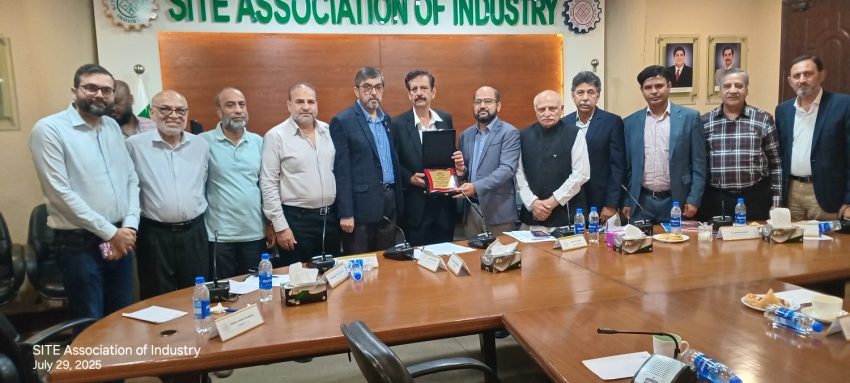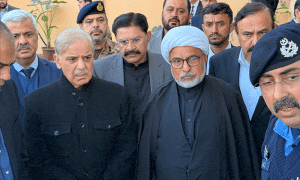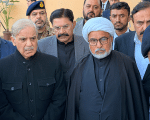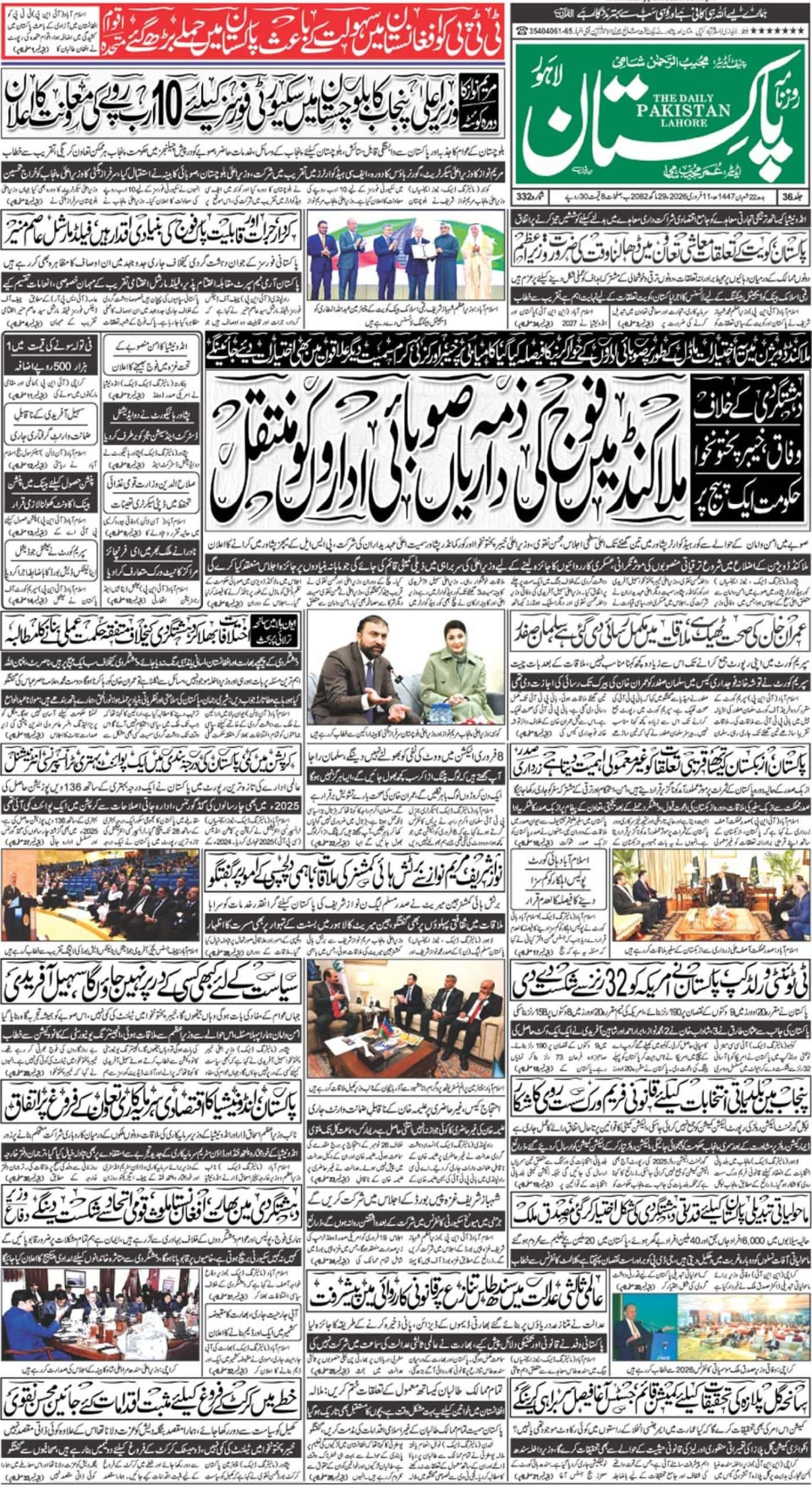KARACHI – SITE Association of Industry, in collaboration with the International Labour Organization (ILO) and the Small & Medium Enterprises Development Authority (SMEDA), recently held a consultation session focused on overcoming challenges faced by the textile and automobile sectors and promoting the formalization of Small and Medium Enterprises (SMEs) in Pakistan.
The session served as a platform for industry members to provide feedback on existing issues, share practical recommendations, and help shape a national roadmap aimed at supporting SMEs and their supply chains.
M. Naeem Ansari, National Project Coordinator ILO; Syed Nazar Ali, Secretary General of EFP; Mukesh Kumar, Deputy General Manager SMEDA; and Muhammad Awais, Project Consultant SME Formalization, were among the key participants in the dialogue.
Welcoming attendees, SITE SVP Khalid Riaz highlighted that many member enterprises have consistently contributed to the Sindh Employees’ Social Security Institution (SESSI) and the Employees’ Old-Age Benefits Institution (EOBI), often without seeing tangible returns or recognition for their contributions. “We strongly propose that contributions to SESSI and EOBI be rationalized with a defined ceiling or cap, especially for SMEs operating on thin profit margins,” he stated.
Riaz emphasized that formalization efforts must go beyond regulation, focusing instead on value-driven reforms that simplify registration and inspection processes while ensuring timely, visible benefits to employers contributing to national social security schemes.
Participants were briefed about the ongoing development of a National Roadmap for SME Formalization, a strategic initiative by ILO and SMEDA designed to facilitate SMEs’ transition from the informal to the formal economy. The roadmap targets export-oriented textile and automobile value chains and is based on a comprehensive baseline study led by Muhammad Awais.
Former President of EFP and Chairman of SAI, Majyd Aziz, appreciated SMEDA’s efforts and called for government assurances on social safety nets for SMEs, highlighting labour standards and environmental compliance as major hurdles. Aziz suggested the government should procure 10-15% of its purchases from SMEs to boost their formalization and encouraged larger industries to assist smaller ones in meeting Occupational Safety & Health (OSH) standards.
Regional Chairman APTPMA Anwar Aziz recommended a turnover-based contribution for all industrial and commercial establishments to extend social protection to all workers and shared insights on gratuity laws and minimum wages.
Former SVP Abdul Kadir Bilwani proposed abolishing withholding tax (WHT), revisiting the SME definition, and capping contributions to social benefit schemes to ease financial burdens on SMEs. He also advocated for management control of Valika Hospital to be handed over to SITE.
EFP Secretary General Syed Nazar Ali underscored the reluctance of businesses to formalize despite benefits and stressed the importance of sustainable practices encompassing social, environmental, and economic aspects.
The session included other prominent industry leaders, including President Ahmed Azeem Alvi, Vice President Muhammad Riaz Dhedhi, and representatives from the textile and automobile sectors. The consultation concluded with a vote of thanks proposed by Muhammad Tahir Goreja, Chairman of the Labour Sub-Committee.
The consultation marks a significant step toward creating an enabling environment for SME formalization in Pakistan, with a focus on fair contributions, social protection, and sustainable growth.














